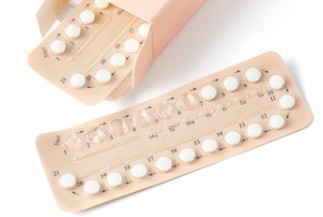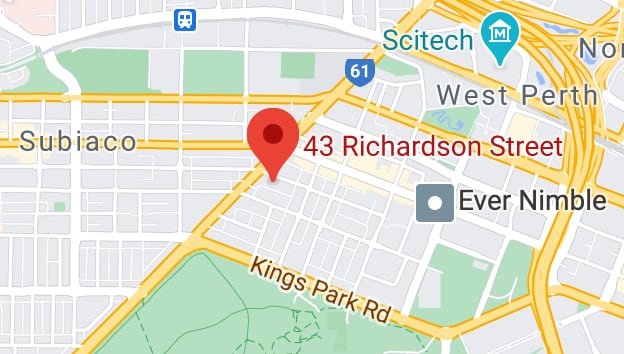Gynaecologist Perth | Dr Tamara Hunter
Contraception Methods
Contraception, also known as birth control practice is prevention of pregnancy by interfering with the whole process of conception and implantation. In the current scenario, numerous methods of contraception are in practice and include barrier or hormonal method, withdrawal, natural family planning, abstinence, and sterilization (surgery). Some of these methods are confined for women and others for men and some of the methods are reversible and some are permanent methods.
Forms of Contraception
- Abstinence: Abstinence means not having sexual intercourse. It is the only birth control method that is 100% effective in preventing pregnancy as well as sexually transmitted diseases.
- Natural family planning method: Natural family planning (NFP) or fertility awareness does not require medication, physical devices, or surgery to prevent pregnancy. This method relies on the woman’s body physiology to know the time of ovulation. This method involves monitoring different body changes such as basal body temperature or cervical mucus variations. The woman then abstains from unprotected sex for approximately 7 to 10 days when she may have ovulated.

Comprehensive fertility treatment is planned and coordinated with Monash IVF West Leederville, one of WA’s leading fertility centres.
Call us to make an appointment: 1800 628 533
- Barrier methods: It is one of the most common barrier methods that form a physical barrier to obstruct the sperm from entering a woman’s uterus. Barrier methods include use of male condom, female condom, spermicides, diaphragm, cervical cap, and contraceptive sponge. The male condom is a thin covering made of latex or polyurethane that is rolled over an erect penis before sexual intercourse to prevent the sperm from entering a woman’s vagina. The female condom is a polyurethane (plastic) tube that has a flexible ring at each end and is inserted into the vagina before sexual intercourse. Spermicides are chemicals that inactivate or kill sperm and are available as foams, suppositories, and jellies. A diaphragm is a flexible dome that covers the cervix inside the vagina. The cervical cap is smaller cup made of latex rubber or plastic. They should be used in conjunction with a spermicidal gel and are placed in the vagina before sexual intercourse. The sponge is a soft, round barrier device made of polyurethane foam.
- Hormonal methods: In this method synthetic hormonal preparations containing oestrogen and progesterone will be taken orally (pills), implanted into body tissue (implants), injected under the skin (injections), absorbed from a patch on the skin (skin patches), or placed in the vagina (vaginal rings). These methods work by preventing ovaries from releasing an egg for fertilisation. It also thickens the mucus around the cervix, making it difficult for sperm to penetrate and also thins the lining of the womb decreasing its ability to accept a fertilised egg. The intrauterine device (IUD) is a small device made of copper that is inserted into the uterus. It works by thickening the mucus around the cervix and by thinning the womb’s lining, making it difficult to accept a fertilised egg.
- Withdrawal: Withdrawal method involves the complete removal of his penis by man from the woman’s vagina before ejaculation.
- Sterilisation: This method is a permanent solution and is meant for men and women who do not intend to have children in the future. Male sterilisation involves vasectomy, a surgical blocking of the vas deferens, the tubes through which sperm pass into the semen. Female sterilisation involves a tubal ligation, a surgical procedure that blocks the fallopian tubes which carry the eggs from the ovaries to the uterus.
Useful links
Does contraception affect fertility? Should you worry about contraception and fertility?
Dr Hunter

Request an appointment
My Practice

Dr Tamara Hunters consults at The Woom
43 Richardson St
WEST PERTH WA 6005
Call: 08 9388 7780
